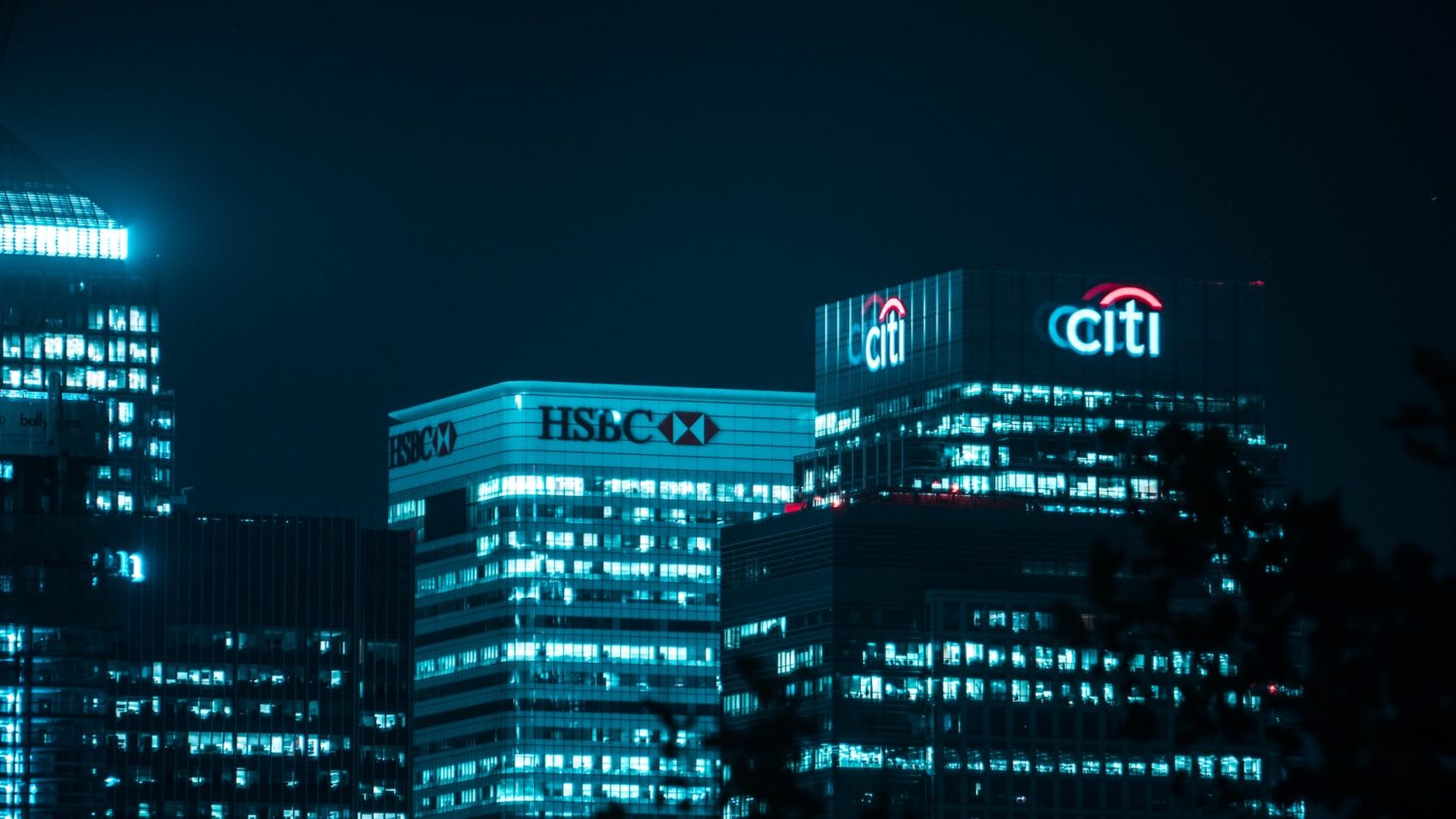Over the last two years, we’ve chronicled the SAFE Banking Act every step of the way, and now, as the plan to provide financial services to the cannabis industry celebrates its most recent victory in the House of Representatives, it’s more controversial than ever.
The annual quest for cannabis banking reform started in 2019 with the 116th Congress, but in the time since the banking reform conversation became much more intertwined with the fate of cannabis social equity programs. Fast forward to the present where it’s seen as a major bargaining chip in how the road to legalization moves forward. Some aren’t pleased that it was attached to the Pentagon’s budget that just passed the House via the National Defense Authorization Act.
There are two majors schools of thought on the subject.
The first, championed by cannabis advocates like Sen. Cory Booker, want proper access to financial services left on the table until it’s assured that the communities impacted the hardest by the war on cannabis have had their place in the industry locked into whatever the final legalization package looks like. The idea being that if banking access weren’t an available bargaining chip, it would be more difficult to carve out the biggest chunk possible for those communities.
Booker has been steadfast on the issue, and one of the first to tie it to the fate of cannabis moving forward. When the SAFE Banking Act initially passed, he argued for tying the future banking prospects of the elite to repairing some of the drug war’s damage.
“As the SAFE Banking Act now heads to the Senate, we can and we must do more. With this legislation, we can both address the pressing need for cannabis businesses to access financial institutions and provide real restorative justice for those most harmed by the failed War on Drugs. It’s simply not enough as it stands without reinvestment in communities most hurt by the failed drug war and while people of color are left to languish in federal prisons for marijuana-related offenses,” Booker said at the time. “Low-income Americans and communities of color have been devastated by the War on Drugs – we should be repairing the damage inflicted on these communities. The end we seek is not just legalization or access to financial institutions, it’s justice.”
The other perspective is that the longer you wait to give small operators access to financial services, the more likely the industry will be consolidated into a few multistate operators that have more resources to skirt the rules of banking and merchant services than the lone small operator.
But further compounding all this is what financial services mean to communities who had always been left behind by the banking sector in the first place. Much of the time the same communities were hit by the drug war and meant to benefit from social equity programs.
Amber Senter has been a leader in the social equity space since helping to jumpstart the national conversation around equity alongside the other members of Supernova Women. She now continues her efforts assisting fellow equity operators to get their footing in the industry via her own Breeze Distro getting them on shelves or the EquityWorks! Incubator, a kitchen providing shared commercial space to startup edible manufacturers.
“The safe banking act is an interesting subject for Black operators. Primarily because I don’t think it will ever benefit Black operators,” Senter told L.A. Weekly. “Have you seen the statistics of Black businesses getting bank loans across other industries? The numbers are staggering and pathetic. And to believe that banks will give Black cannabis businesses money?”
Once the generational discrimination in banking was recognized, Senter admitted having a steady bank account you don’t have to worry about certainly would be a benefit to any cannabis business.
Another complex issue within the debate is what happens to the best-positioned equity companies while they wait for what may be short-term gains to get their own bank accounts squared away. Much of cannabis production will move west in the decades to come as interstate commerce opens up. Making equity brands who already exist wait for what may be temporary gains in some places may hold back the equity cause in the long run more than allowing every business an account.
Advertising disclosure: We may receive compensation for some of the links in our stories. Thank you for supporting LA Weekly and our advertisers.

